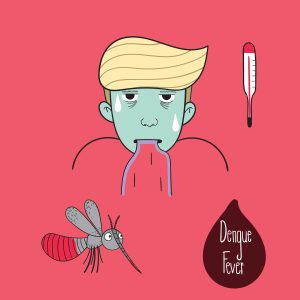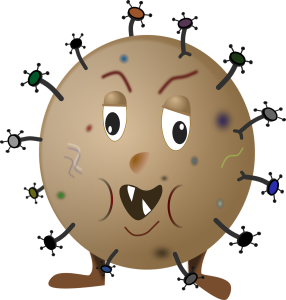
Communicable diseases, or infectious diseases, are those that are caused by an agent, such as bacteria, viruses, parasites, or fungi, and can be spread directly or indirectly from one person to another. They are some of the most common illnesses in the world and can range from mild to life-threatening. Common communicable diseases include influenza, tuberculosis, malaria, measles, mumps, rubella, and HIV/AIDS. These illnesses can be spread through contact with an infected person, contaminated food and water, or animal bites. Some can even be spread through the air.
The most important thing we can do to protect ourselves from communicable diseases is to practice good hygiene and take steps to prevent transmission. This includes washing your hands frequently, avoiding close contact with people who are ill, and keeping surfaces clean. Vaccines are another important prevention method, as they can help protect us from certain communicable diseases.
Common Symptoms of Communicable Diseases
It’s very important to be aware of the symptoms of communicable diseases so that you can seek medical attention if necessary. Symptoms vary depending on the type of illness, but may include fever, fatigue, body aches, coughing, vomiting, and diarrhea.
Fever is one of the most common symptoms of communicable diseases. It is a sign that your body is fighting off an infection. It is important to note that not all fevers come from communicable diseases. Other conditions such as allergies and dehydration may also cause a fever.
Fatigue is another common symptom of communicable diseases. You may feel tired and weak, even after getting plenty of rest. This is caused by the body’s attempt to fight off the infection. It is important to get plenty of rest and stay hydrated to help reduce fatigue.
Coughing is another symptom of communicable diseases. It is important to note that not all coughs come from communicable diseases. Other conditions such as allergies and asthma can also cause coughing. However, a persistent cough that lasts more than a few days could be a sign of a contagious disease.
Shortness of breath is also a common symptom of communicable diseases. It is often caused by inflammation in the lungs as a result of an infection. If you experience shortness of breath, it is important to seek medical attention.
Sore throat is another symptom of communicable diseases. It is often caused by a virus or bacteria, and is typically accompanied by a fever. If you experience a sore throat, it is important to drink plenty of fluids and get plenty of rest.
Body aches are also a common symptom of communicable diseases. They are often caused by inflammation, which is a sign that your body is fighting off an infection. If you experience body aches, it is important to rest and take over-the-counter pain relievers.
If you’re experiencing any of these symptoms, be sure to contact your doctor right away. Communicable diseases can have serious consequences if they’re not treated promptly and correctly. That’s why it’s so important to take steps to prevent transmission and to be aware of the symptoms.

Scientific research on communicable diseases
Scientific research on communicable diseases is critically important in order to better understand how to prevent, diagnose, and treat them.
In recent years, research in this field has made great strides, particularly in the area of vaccine development. Scientists have been able to develop vaccines for a number of communicable diseases, including measles, mumps, rubella, polio and covid-19. Vaccines have been incredibly effective in reducing the incidence of these diseases, as witnessed by the drastic decline in the number of cases since their introduction. Vaccines are also being developed for other communicable diseases, such as HIV/AIDS, malaria, and dengue fever, although progress in these areas has been slower.
Another area of research that has made great strides is in the diagnosis and treatment of communicable diseases. New diagnostic tests have been developed that allow for faster and more accurate diagnoses, as well as the development of new drugs and treatments. For example, new medications have been developed to treat HIV/AIDS, which has been a major breakthrough in the fight against the disease.
Additionally, research into the prevention of communicable diseases is ongoing. Scientists are researching new methods to limit the spread of these diseases, such as improved sanitation and water supply, improved housing, and better education about the dangers of communicable diseases. Overall, scientific research on communicable diseases is an incredibly important field that can help to reduce the spread and severity of these diseases. Through research, we can develop new vaccines, treatments, and preventive measures to reduce the burden of communicable diseases around the world.